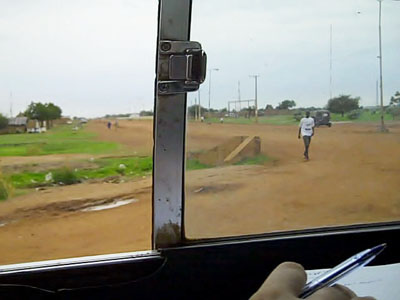
With less than five months to go until the January referendum on secession, the people of South Sudan are abuzz with anticipation for the momentous vote. In the latest field dispatch, Enough’s Amanda Hsiao takes a look at how these tremendously high expectations have altered the political dynamic in the volatile, oil-rich state called Unity, located on the border between North and South. Despite widespread grievances and discontent toward the state government, the residents of Unity remain confident that dramatic political and economic change will come with independence.
Here’s a snippet:
[I]n the classroom where the teacher training was taking place and along the streets of Bentiu, the prevailing sentiment is not anger or resentment toward the state government; it is joy and anticipation for the referendum. Among many South Sudanese, expectations for what secession will bring tomorrow override the SPLM’s failings today. Said one of the educators: “We hope we are going to succeed.”
These expectations, if not met or managed, pose a serious challenge to the southern ruling party, the SPLM, and the stability of what may be Africa’s newest state:
As seen in the elections aftermath, South Sudan remains a region susceptible to local uprisings and spontaneous violence. And though southerners and the South’s ruling elite alike have temporarily dismissed the urgency of internal challenges, the potential for those issues to turn into violence after secession is very real.
Read the field dispatch here.

